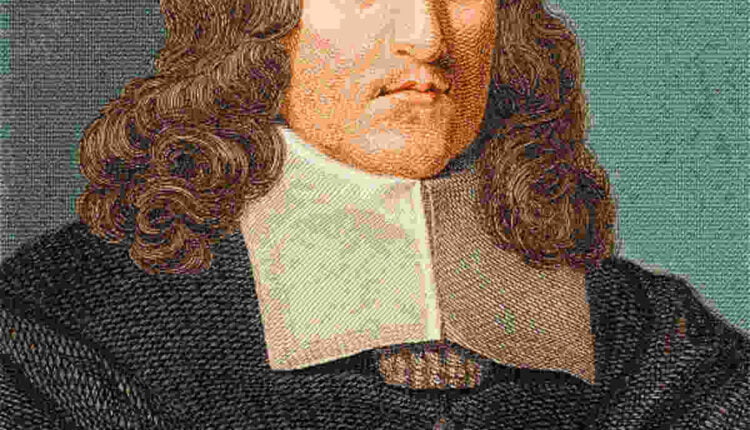This John Milton biography will provide an overview of Milton’s life, travels, and influence on other writers. You’ll also learn about Milton’s early years, his education, and the many places he lived. In addition to his famous poems, Milton was an important civil servant and served under Oliver Cromwell. His work was influenced by his day’s turbulent political and religious climate.
Milton’s early life
The early life of John Milton began at a very early age when he was an active Roman Catholic. He studied night and day and was an accomplished scholar. During his college years, he began to write poetry. Milton attended St. Paul’s School in London, where he excelled in Latin and Italian.
He was a great poet during the Middle Ages and wrote the famous epic Paradise Lost, which earned him worldwide fame. Many consider him the most influential English writer after William Shakespeare. Milton was born in 1608 AD, and his father was a passionate advocate of art and literature.
His education
John Milton was an English poet who served as a civil servant for the Commonwealth of England under Oliver Cromwell. He wrote during the political and religious upheaval and is best known for his epic poem, Paradise Lost. His education is an integral part of his biography.
Milton was educated in Greek and Latin at Oxford and became well-versed in these languages. During his travels abroad, he also learned to speak Italian fluently. He also wrote several sonnets in Italian, which was his native tongue. While he spent a lot of time abroad, he also maintained a cordial relationship with the Florentines, whose native tongue was Italian.
Milton’s education spanned four years. He was a Roman Catholic who studied all night, eventually becoming a scholar. He also began writing poems while studying in college. Milton attended the prestigious St. Paul’s School in London, where he excelled in Greet, Italian, and Latin.
His travels
In the autumn of 1638, Milton left Oxfordshire and traveled to Italy and France. While there, he met with significant thinkers of his day and wrote an epic verse poem. However, political turmoil in England forced him to return to London. He spent time tutoring his nephews and other students, and he also readied his pen for his support of liberty.
After graduating from Cambridge, Milton had already composed a body of poetry, including English poems, Latin poems, and sonnets. However, he was dissatisfied with the Cambridge way of life. Though he had become a gifted orator at Cambridge, he was unhappy with the lack of friendships among his fellow students. As a result, he had no ambitions to enter the Church. However, he did perform admirably academically. He authored seven prolusions in Latin that were approved for publication.
His influence on other writers
John Milton’s influence on other writers can be traced to several different areas. First, his political views were radical: he believed that God’s will was the ultimate authority, and he viewed Charles I’s beheading as justification for his actions. His support of regicide gained him the attention of Oliver Cromwell, who soon appointed him Secretary for Foreign Tongues.
The influence of Milton has been studied extensively. Scholarly works about Milton have been published for centuries, and several different editions of his works exist. The Flannagan and Carey, and Fowler editions are two of the most common. The Hughes edition is another standard for North American college students and has often been cited in Milton’s scholarship. Other popular editions include Patterson’s Works of John Milton and Wolfe’s Complete Prose Works.
His death
John Milton’s death is a well-known event in English literature. Milton was born in 1595 and died at the age of forty-three. Although he was born into poverty, he was still considered a great poet. At the time of his death, he was known throughout Europe.
The film’s death scene was based on a script by Randy Meeks, but the idea was scrapped to avoid ripping off the previous film. Instead, Milton’s death was described in the script as a creepy, menacing fifty-something. The name came from John Milton, a poet who portrayed the fall of Eve in his Paradise Lost. The film’s producers were so desperate to find a young actress for the role that they would throw parties for them. Milton would pamper the actors in exchange for acting roles, and one of them, Maureen Prescott, would often do dirty work for him.
His literary output reflects a changing political landscape. In the early 1640s, Milton became involved in church controversies, including those over the prelatical episcopacy, animadversions, and sex. In 1642, Milton wrote a pamphlet, “The Reason for Church Government,” which sided with the Puritan idea of purification and reform.

